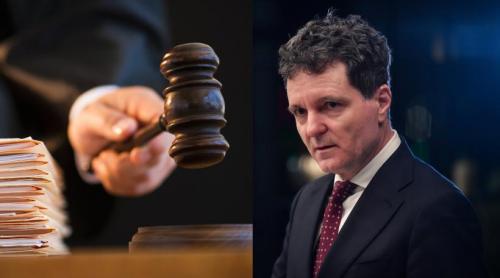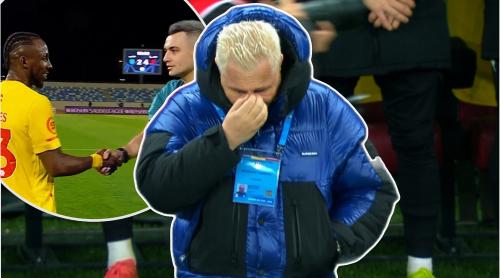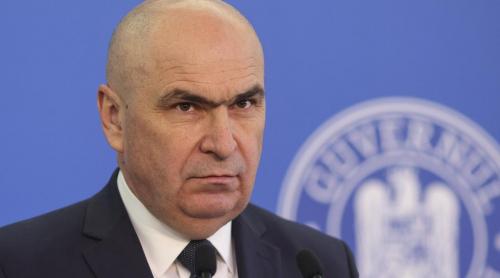
OBSERVER - September 7th 2004
The Romanian authorities say they did everything they could in order to stop Ukraine from building the Bistroe channel and see the failure of the negotiations as a defeat on an international level. Jurnalul National will show today the diplomatic methods used by the MEA (the Ministry for External Affairs) officials in the Bistroe issue.
ByALEXANDRU NASTASE
The Bistroe channel, the first part of the new Danube - Black Sea channel, has been initiated on the 26th of August, before the Ukrainian President Leonid Kuchima. The works meant clearing the sand and the deposits in the place where the Bistroe branch of the Danube goes into the Black Sea. The next steps of the project (to be finalized in 2008) concern the countersinking of the Chilia branch and consolidation works. Ukraine has systematically refused dialog and sent the first information only in July 2004, few months after the beginning of the project. After studying them, the Romanian experts concluded that the Ukrainiansâ works are not according to the present international laws regarding the environmental impact in border-crossing context. More than that, there is a special regime to be applied to such works, a regime regulated by 11 international bilateral and multilateral conventions.
UNESCO. The Romanian authorities have informed the secretary of the Ramsar Convention and the Advisory Committee for the World Network of the UNESCO Biospheresâ Reserve - "The Man and the Biosphere" programme. The two organizations have made a joint mission of experts, which have reported that the making of the channel is extremely damaging for the environment.
Romania also informed the International Commission for the Danube River Protection. According to MEA, this organization has also participated by adopting a resolution that asked for complete information regarding the Bistroie project. One congress of the commission, which is to analyze the Ukrainian project, will take place in September.
Also this month, the Berna Convention experts will present their report as well as the ones of the Europeâs Council (EC). In the same time, at EC appeared a resolution regarding the Ukrainian project. The Council has named a Dutch speaker to analyze the situation in the Danube Delta and who will present his report during the first parliamentary congress, in October.
On the 29th of August, the Congress of the Local and Regional Powers in Europe sent a letter to Kiev, emphasizing that "the making of this channel will affect and destroy the national and traditional ways of administrating the natural resources, making worse the social and economical environment in the region". In addition, "the project violates the management principles of the Biosphereâs reserve - in the way they have been set by UNESCO, contradicts the environmental international obligations and threatens the protected wet area".
MEA also takes into account the possibility of suing the German company Mobius, which makes the works, in order for it to annul the contract with the Ukrainians.
Translation: SORIN BALAN
Citește pe Antena3.ro

















